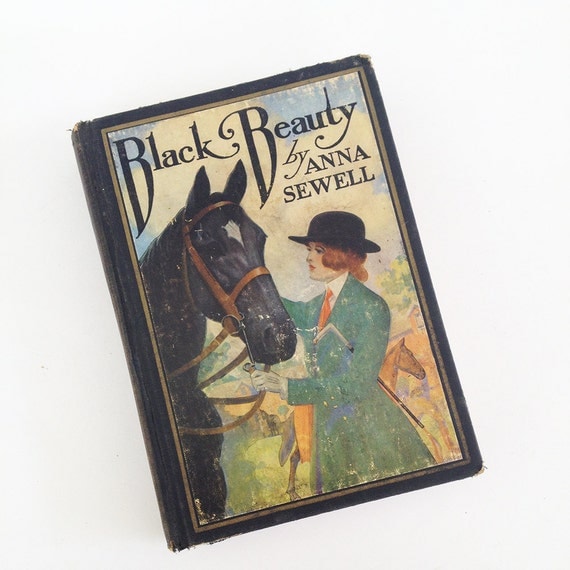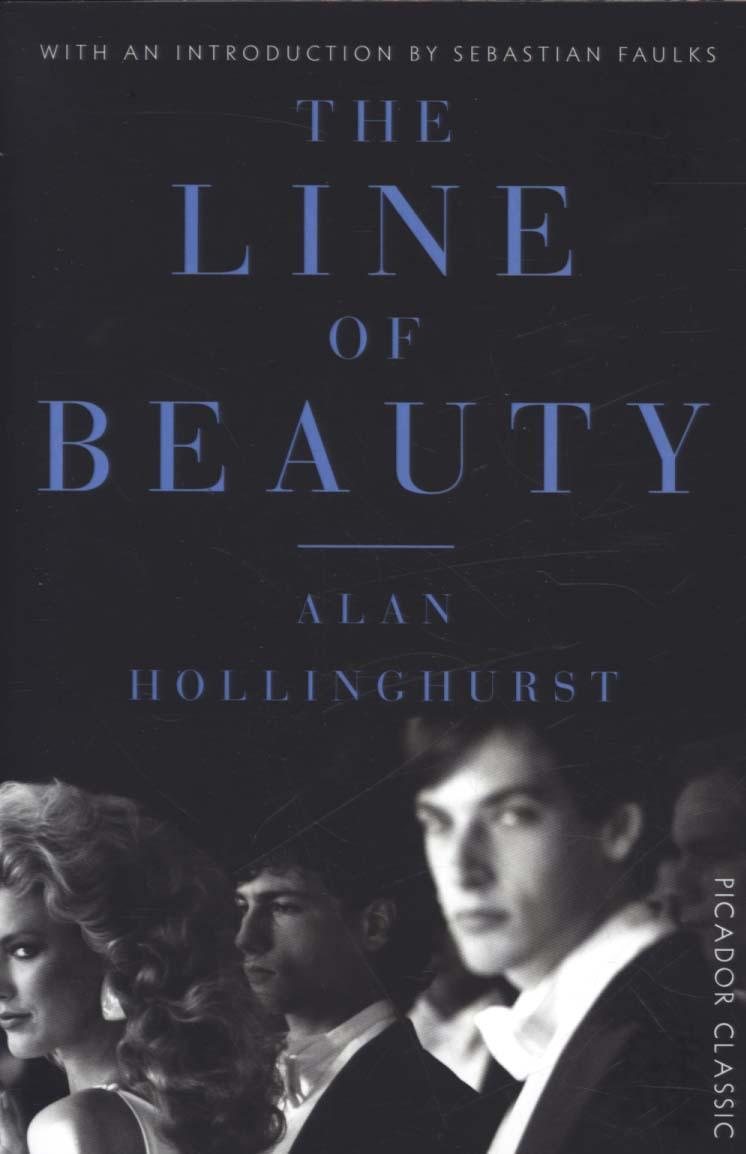

Lodge's novel remains haunted by a queer specter of James even as it places disembodied devotion at the centre of James's and the fictional biographer's art. For Tóibín, James's life and writing offer figures for the queer author's efforts to probe, complicate, and even conceal homoerotic desire. Tóibín and Lodge, in divergent ways, trace through James, the failed dramatist, their own ambivalences about biographical fiction's private-public play.

This essay links the recent wave of interest in Henry James's private life as material for fiction-specifically, in Colm Tóibín's The Master, David Lodge's Author, Author and Alan Hollinghurst's The Line of Beauty-to James's conflicted, often queer responses to the private and the public. Drawing from James’ vision of materialism in The Spoils of Poynton (1897), a key literary antecedent for Hollinghurst’s novel, the series’ semantically charged heritage mise-en-sce`nes and its stark depiction of the corporeal effects of HIV/AIDS enables it to portray both the perverse pleasures and the brutal material, human implications of a social world in which all associations, including friendship, love and kinship, are underwritten by the logic of ownership and the market.

The use of heritage screen conventions in the series situates the career of the novel’s Jamesian central consciousness, Nick Guest, amidst the material spaces and possessions of Thatcherite elites.

Developing Simon During’s analysis of the novel as a sort of paradigmatic allegory of life under neoliberalism (2010 2013), this paper examines BBC2’s three-part heritage adaptation of The Line of Beauty (2006) as a study more particularly of the conditions of intimacy and relationality under this emergent social order. Alan Hollinghurst’s novel The Line of Beauty (2004) is widely considered a contemporary masterpiece of realist social critique, taking aim at Britain’s rich and powerful under Thatcher’s Tory government and recollecting the twin traumas of Thatcherism and AIDS Crisis in the 1980s.


 0 kommentar(er)
0 kommentar(er)
